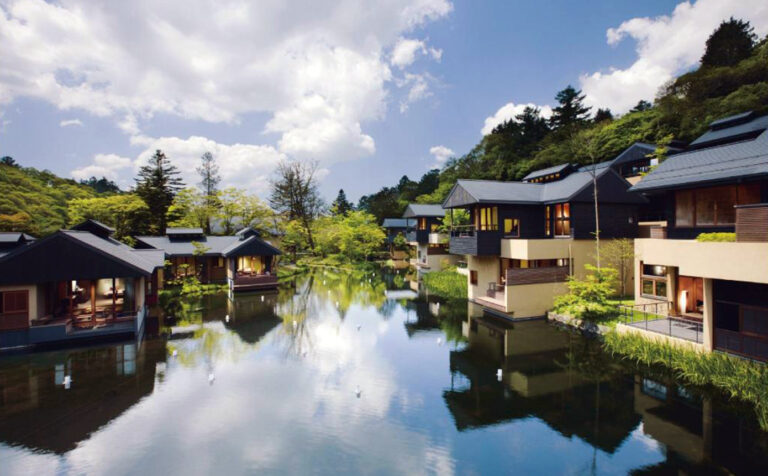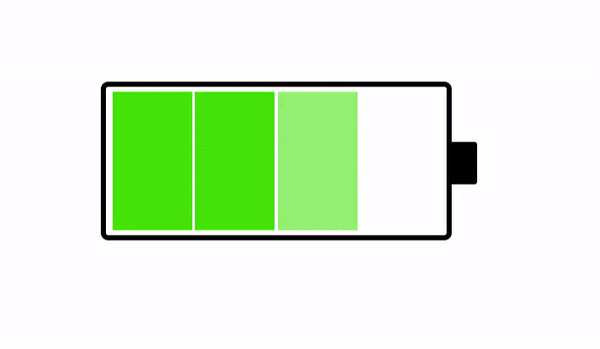Ryokan can be found throughout Japan, especially in hot spring resorts. They integrate elements such as tatami (traditional Japanese floor mats made of rice straw), futon (Japanese mattresses), Japanese-style indoor or outdoor baths, yukata (casual summer kimono worn after bathing), and kaiseki (a traditional multi-course Japanese dinner served in small dishes), allowing guests to experience the traditional Japanese way of life.
The entrance of a traditional ryokan typically has a hall with sofas and tables where guests can sit and chat. Recently, some halls have televisions. The guest rooms have tatami floors and sliding doors. Most ryokan have communal baths or Japanese-style sitting baths with hot spring water, which are usually gender-separated, but high-end ryokan offer private baths. Meals are usually delivered to the room and eaten at a table.
Some high-end ryokan feature traditional Japanese gardens. Guests can wear geta or zori slippers and yukata robes to stroll around, enjoying stone paths, fountains, shrubs, and traditional Japanese tea houses. Recently, ryokan have diversified to include modern styles, large-scale resorts, private villa-style retreats, and urban ryokan.
The rates for ryokan are set per person or per room and generally include meals. The average price for a stay at a ryokan is around KRW 150,000 per night, but high-end ryokan can be more expensive than luxury hotels.
Recently, lodging establishments emulating the Japanese-style “ryokan” have appeared in Korea, and among the types of lodging establishments registered under the laws of Korea, the most significant proportion are registered as rural minbaks.


